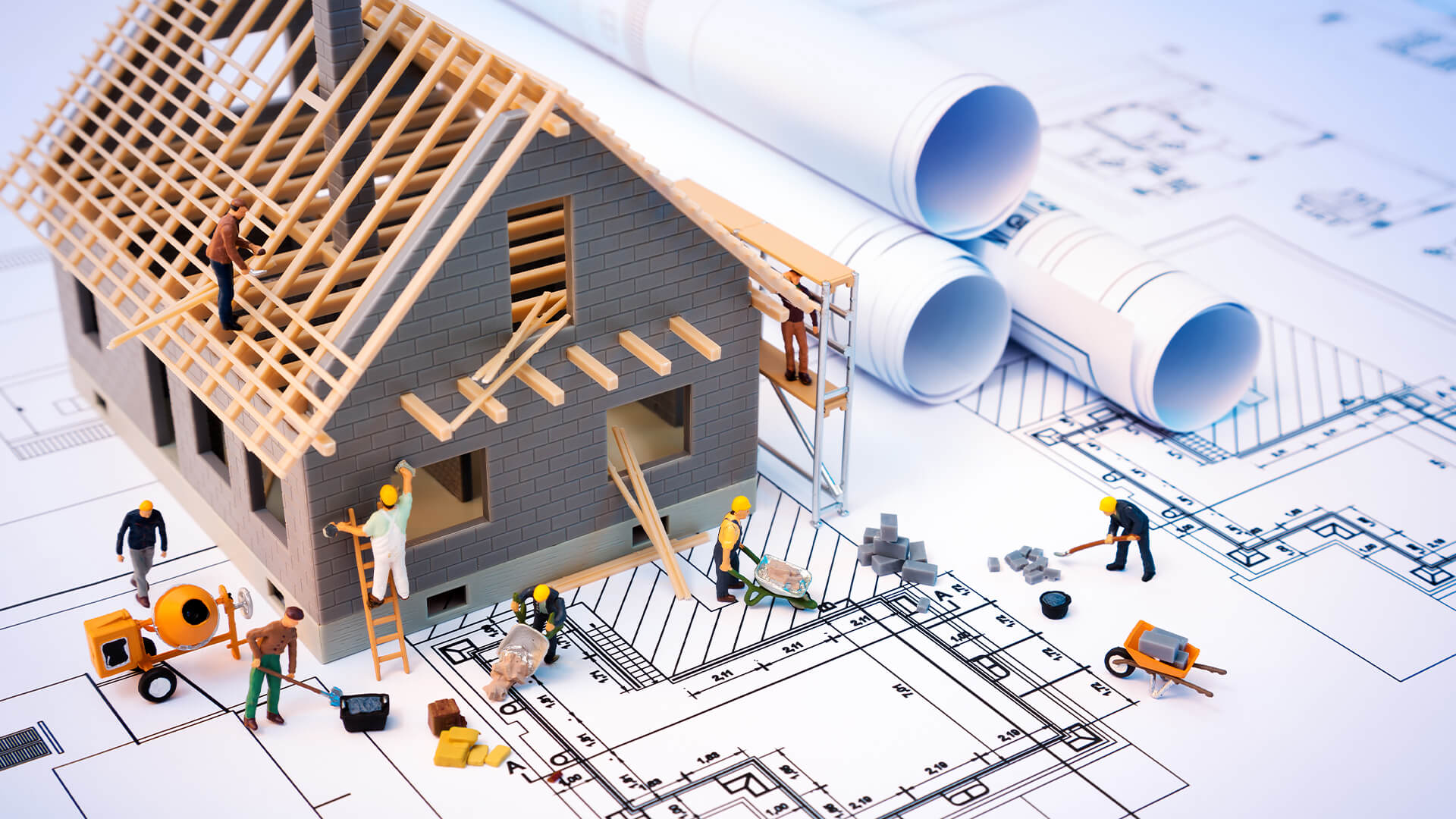The concept of a smart home, once the domain of science fiction, is rapidly becoming a reality as homebuilders increasingly integrate cutting-edge technology into new constructions. The rise of smart homes is revolutionizing the way people live, transforming houses into responsive, automated environments that offer greater convenience, efficiency, and security. Today’s new builds are not just about brick and mortar but about creating intelligent spaces that cater to the needs of modern, tech-savvy homeowners.
The Evolution of Smart Home Technology
Smart home technology refers to a network of interconnected devices and systems that allow residents to remotely control and monitor various aspects of their home environment. This includes everything from lighting, heating, and cooling systems to home security, appliances, and entertainment systems. The proliferation of the Internet of Things Iota has made it easier for devices to communicate with one another, providing seamless integration and real-time data sharing. One of the key drivers of smart home technology has been the increasing affordability and accessibility of these systems. In the past, smart home features were considered luxury items, home builders north shore available only to the wealthy. However, advances in technology and the growing demand for automation have brought down costs, allowing more homeowners to experience the benefits of living in a smart environment.

Smart Homes and Sustainability
A major trend driving the rise of smart homes is the focus on energy efficiency and sustainability. Builders are now incorporating technologies that help homeowners reduce their energy consumption and carbon footprint. Smart thermostats, for example, allow users to optimize heating and cooling based on their preferences and schedules, ensuring that energy are not wasted when no one is home. Automated lighting systems can adjust brightness according to the time of day or occupancy, further contributing to energy savings. Additionally, renewable energy sources such as solar panels can be integrated into smart home systems, enabling homeowners to monitor energy generation and usage in real time. This not only reduces reliance on traditional energy sources but also lowers utility costs, making smart homes an attractive option for eco-conscious buyers.
Enhanced Security and Convenience
Security is another area where smart home technology shines. Builders are increasingly integrating advanced security systems into new homes, including smart locks, video doorbells, and motion sensors. These systems can be monitored and controlled remotely via smartphones, giving homeowners peace of mind whether they are at work or on vacation. With features like facial recognition, real-time alerts, and 24/7 monitoring, smart homes offer a level of security that surpasses traditional methods. Beyond security, the convenience of smart home living is hard to ignore. Voice-controlled assistants like Amazon’s Alexa and Google Assistant can automate daily tasks such as playing music, turning off lights, or adjusting the thermostat. Smart appliances, from refrigerators that track groceries to washing machines that operate on schedule, simplify household chores, freeing up time for more important activities.
